|
Introductory Note Many Americans may remain unfamiliar with the Nigerian-born author Ben Okri, who now makes his home in England, but his global reading audience continues to grow even as he continues to publish commanding works in different genres. It helps as well that newspapers like The Guardian are willing to make their platform available to him and a number of universities have elected to bestow honorable doctorates upon him. As pointed out in Conversations with the World Ben Okri’s Existential Call to Creative Arms, this review of the author’s The Famished Road was previously published in the former Savannah College of Art and Design’s (SCAD) weekly newspaper known as The Georgia Guardian and in my former AXS African-American Cultural Arts column. It is presented now as part of my response to Okri’s statement regarding the construction of an “existential creativity” to combat climate change denial and inspire works of visionary transformation. A Writer’s Journey Begins Readers began to track Okri’s literary oeuvre with the publication of his first novel, Flowers and Shadows in 1980, and he kept their attention after publishing The Landscapes Within in 1981. However, it was The Famished Road , published ten years later in 1991, that won Okri the much-coveted Booker Prize for Fiction and placed him on the same literary A-list as such world-class talents as Salman Rushdie, Toni Morrison , Alice Walker, and Cormac McCarthy. The Famished Road is exceptional in its treatment of fiction as a study of both history and prophecy. Through the eyes of Okri’s child-hero, Azaro (an abbreviation of Lazarus) readers enter an African community coming to terms with that crossroads known as change. Azaro is an abiku, or “spirit-child” who has a keen eye for both the natural and the supernatural. Or, as the author put it: “The spirit-child is an unwilling adventurer into chaos and sunlight, into the dreams of the living and the dead… They all yearn to make of themselves a beautiful sacrifice, a difficult sacrifice, to bring transformation, and to die shedding light within this life… I was a spirit-child rebelling against the spirits, wanting to live the earth’s life and contradictions.” Moreover, like another boy-hero in the famed Calvin san Hobbes comic strip, he’s prone to wandering roads of the imagination which constantly lead him in body, mind, and spirit away from the safety of his parents’ protection. Although a child, Azaro’s dilemma is one easily worthy of any of Shakespeare’s great characters. His struggle to resist the pull of spirits who would lead him back into their world is equal to his battle against the more material forces of poverty, disease, and corruption. Never-ending hunger (for food as well as peace), crooked politicians handing out poisoned milk, frozen-hearted landlords and old men prone to evil make Azaro’s grip on physical reality at best, tenuous. In his love for his mother, Azaro finds reason enough to remain in the material world, though it‘s often painful to witness and endure her laments: “A woman suffers, a woman sweats, with no rest, no happiness… This life is too much for me.” His father is a fighter whose battles force him to the brink of death, but who ultimately triumphs in body and spirit. He coaxes his son back from realms of death by singing to him visions of life: “I see great happiness in our future… I see gold in your eyes. Your flesh glitters with the dust of diamonds. I see your mother as the most beautiful woman in the world.” A Heady Fictional Brew History, mythology, and social realism blend in The Famished Road to create a very heady fictional brew. By providing a portrait of his homeland during an era when oil lamps were just beginning to give way to electricity and cars beginning to claim the road over bicycles, Okri created a parable on change relevant not only to Africa but to the world at large. His work poses very serious questions for the twenty-first century. Among them: To what extent will we allow the indefinable dynamics of something called “destiny” to maintain grief and horror in the world? How hard are human beings willing to fight to achieve and sustain justice, equanimity, or joy? And should progress be called such when it devours what is best within the human spirit? Okri’s prose is sometimes indistinguishable from poetry and the fact that he strikes a masterful balance between the two for a full 500 pages is a small miracle of aesthetic creativity. Readers discovering his work for the first time are often astonished at the skill with which that poetic perspective flows between the material and the spiritual. In an interview for the Current Authors book series, Okri once explained that in Nigeria: “This is just the way the world is seen… the ancestors are still part of the living community and there are innumerable gradations of reality, and so on. It’s quite simple and straightforward… a kind of realism, but a realism with many more dimensions.”
|
| | |
Those of us already proficient in the English language might wrinkle our brows when reading certain sentences with obviously faulty grammar. But we know what the authors mean and these sentences help us understand the gigantic challenge of uprooting oneself from a known cultural environment and reestablishing your life in a new unfamiliar locale. The most hard-hitting statements go beyond such considerations as syntax and brings to mind what the great Harlem Renaissance leader W.E.B. Du Bois called the worst blow which people of African descent suffered during slavery in America: the destruction of the Black Family.
Human migrations forced by desperation in our modern times have resulted in similar devastation; however, in the pages of Where the Rainbow Ends we experience painful separations as well as healing reunions. So it is that one student recalls prior to leaving El Salvador: “My sister went to the USA when I turned 4 years old but she got a VISA to get here so I have no memories of her.” The opportunity to make new memories would not come easily but it would come. Another student from Honduras demonstrated the importance of such a prospect when declaring: “And I learned to love my dad after seven years I was separated from him.”
| | |
Historical Consequences
Hopefully, additional volumes or ones similar to Where the Rainbow Ends will present readers with the flip side of the immigration coin by sharing the voices of different Americans’ experiences of adapting to immigrants. That is something I attempted to do in the story “A Brazilian Thanksgiving in Savannah” published in Dreams of the Immortal City Savannah. For the time being, it’s good enough to know my quote at the beginning of Where the Rainbow Ends has played some small role in helping the student authors amplify their voices and educate the world about the realities of one of the most consequential concerns of our volatile historical times.
Aberjhani
author of Greeting Flannery O'Connor at the Back Door of My Mind
co-author of Encyclopedia of the Harlem Renaissance
| | |
| | |
She followed the novel Wise Blood with a collection of short stories, A Good Man is Hard to Find, in 1955; the novel The Violent Bear it Away in 1960; and the short story collection Everything That Rises Must Converge ––a book on which she worked virtually right up until her death–– published posthumously in 1965. In between the writing and the publishing, she marshaled her strength to travel (aided by crutches) and lecture, write articles for popular magazines (for which she was generally well paid), and write numerous letters to friends, supporters, and critics.
(To read part 1 of this story please click here. For part 2 click this link.)
The O’Connor readers and scholars now know would not have been possible without a tightly woven network of friends and family members who supported her work through belief in, and out of love for, her. After illness derailed her plans to live the life of a postmodern New York author, she famously surrounded herself with peacocks at Andalusia, her family’s farm, and allowed the world to come to her just as much as she continued to embrace it on the page and through speaking engagements. Fellow authors, theologians, aspiring writers, general admirers, and would-be lovers in the form of men as well as women often made their way to her front door.
| | |
| | |
Mother and Daughter Together
As such, she did the kinds of things caregivers tend to do when committed to ensuring as high a quality of life as they can for someone they love: setting aside a thermos of hot coffee at night to share with Flannery in the morning, running a farm to secure an income, tolerating the droppings and cries of beautiful but annoying peacocks, traveling abroad with her daughter even when she herself was ill, and standing guard at her hospital room door to ensure a chance at rest and possible recovery.
| | |
In Praise of Those Who Wait
Then, approached by an editor in 2003 about a biography on O’Connor, it clearly was not an offer he could refuse. A dream which had been deferred for more than two decades finally saw the light of day in 2009 and by most accounts it was very much worth the wait.
Author
Aberjhani is co-author of Encyclopedia of the Harlem Renaissance as well as author of Dreams of the Immortal City Savannah and Greeting Flannery O'Connor at the Back Door of My Mind.
| | |
Jisheng's account as presented to us in the English-language edition of Tombstone is a single-volume 629-page condensed version of the original Chinese-language 1,200-page 2-volume set first published in Hong Kong a decade ago. There's no need to question what may or may not have been lost in translation because Jisheng provided so much fact-based data with which to work in the original publication.
Moreover, Tombstone is much more than just a triumph of historical writing. It represents in many ways the triumph of a movement to shed light on "the worst famine in human history." As an integral part of that movement: "Yang got people who experienced the famine to describe it in their own words. He found local journalists who'd witnessed and reported on murders and starvation and got them to write their memoirs. He located and interviewed local implementers of the fatal policies. He got surviving resisters to recount their experiences" (pp. X-XI).
|
|
|
Magnitude of the Horror
|
|
|
"Now we knew that it was a man-made disaster that had caused tens of millions of people to starve to death... In my effort to shake off deception, I came to understand the social background of my father's death and to reflect more profoundly on his life..." (pp. 11-12).
That "deception" has remained hard for a lot of Chinese to shake off in part because of many official's refusal to acknowledge the famine for what it was and insist on referring to it in such euphemistic terms as "the three years of natural disaster," or "the years of difficulties." Another seems to be to avoid the appearance of discrediting the legacy of People's Republic of China founder Zedong.
|
|
|
Double Objectives
Jisheng's objective as a journalist is to share awareness of an event which it would seem impossible for the entire world not to know about already, but which it appears relatively few actually do. As a human being and the son of foster-parents who gave all they had to raise him and support his education goals, he is determined to honor those parents and the dozens of millions who lost their lives to the famine. Therefore, the title selected for the book: "A tombstone is a memory made concrete." (p. 3)
|
|
|
The result his investigative labors is indispensible documentation of officials' motives for allowing the tragedy to occur; and, how many hypocritically gorged themselves on the good life while entire villages literally starved to death. Yet such documentation is balanced with reports difficult to read for a very different reason. In short, Jisheng does not censor the stories of people describing acts of cannibalism which they either witnessed or committed themselves.
We learn about: people in villages who wait for strangers to come along so they can kill and eat them, an adolescent sister who kills and eats her younger brother after their parents have died, people who wait a few hours after funerals so they can dig up corpses and consume them. These and other actions seem too extreme to believe they really occurred in a civilized nation. But we are aware now that they did. Some people even describe which parts of the human body they found most delectable.
If you're a fan of the movie Bone Tomahawk, starring Kurt Russell, Lili Simmons, and Patrick Wilson, and you did not flinch watching the scene where "Troglodytes" split a man in half to eat him, then the above accounts of cannibalism might not bother you too much. Anyone who did flinch, throw up, scream, or faint, can empathize to some meaningful degree with those who survived the horror of the Great Famine and with Jisheng's determination to tell their collective story.
|
|
|
The Record of This Particular Memory
Aberjhani
author of Dreams of the Immortal City Savannah
co-author of Encyclopedia of the Harlem Renaissance
|
|
|
A second shared hint is his struggle over whether to spell out the word "nigger" in this book's title or employ the more politically-accepted abbreviation. Following his publisher's suggestion, he chose the latter but felt the original more "symbolic of my struggle as a black male in American society." With that in mind, the book in general, he states, "documents my struggle to achieve the American Dream while having to confront the vicissitudes of being black in a racist society" (p. 11)
|
|
|
A Timeline of Powerful History
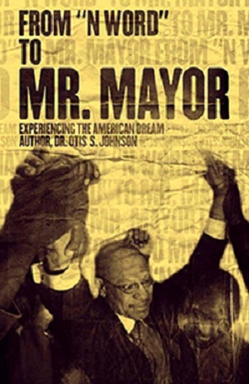 From 'N Word' to Mr. Mayor, Experiencing the American Dream autobiography by Dr. Otis S. Johnson.
From 'N Word' to Mr. Mayor, Experiencing the American Dream autobiography by Dr. Otis S. Johnson.
For its precisely-balanced combination of social history and personal memoir, Johnson's book under any title is one of the most valuable written in recent years by an African-American man, and one of the most important for any time by a native of Savannah, Georgia. Being the former dean of Savannah State University's College of Liberal Arts and Social Sciences, and current Scholar in Residence and Professor Emeritus that he is, Dr. Johnson's text often reflects the language of his intellectual leanings. That allows him to place his life and his times within an analytical context similar to important works by some of his scholarly heroes, like Harlem Renaissance strategist W.E.B. Du Bois and political scientist Hanes Walton Jr.
Yet, at the same time, he is a very down-to-earth writer who engages readers with stories of his family's Gullah culture heritage, what it meant to lose his father at an early age, learning about racism for the first time, falling in love and getting his heart broken, discovering the world as a young sailor, and confronting the challenges of leadership within a demographically-evolving community.
|
|
|
Anti-racism Activism
Of his position in this history, Johnson writes, "My life has been full of being in places where I shocked non-blacks with my presence" (p. 88). One such place was on the campus of Armstrong State College (now Atlantic University) where in 1963 he famously became the first African American to enroll in the school. Another was the campus of the University of Georgia, Athens, where he was the first Black from Savannah to attend that institution. At UGA, he walked out of one class after a white professor discussing the U.S. Supreme Court's landmark Brown vs. Board of Education decision proclaimed the only reason African-Americans wanted to integrate schools in Georgia was to marry white women.
|
|
|
Most of the kind of anti-racism activism Johnson chronicles is to be expected given the time-frame. In his chronicling, however, he provides important snapshots of black leaders in Savannah, like Wesley Wallace "W.W." Law and Hosea Williams, in political action. But his reportage goes beyond the dynamics of blackness clashing with whiteness.
Through his account of how segregation laws prevented Whites from attending the historically black Savannah State College, founded some 45 years prior to the establishment of Armstrong (as a junior college) in 1935, he demonstrates how racism has caused grievous injury on both sides of the color line. It has also been extremely absurd when considering that in order for him to become the first African-American to integrate Armstrong in 1963 for sake of racial progress in the name of democracy, he had to switch from Savannah State's senior college program curriculum to Armstrong's junior college curriculum.
Navigating Major Changes
By the time Dr. Johnson took office in 2004 as the sixty-fourth mayor of Savannah, and its second consecutive black mayor (after the late Floyd Adams), the city was well on its way to navigating major changes in its multicultural and economic make-up. His determination to meet that challenge at every level resulted in 2006 in a major heart attack experienced while attending the National Conference of Black Mayors in Memphis, Tennessee. Consequently, he writes, "How I approached the job of being mayor during the period before and the period after my heart attack were two very different periods" (p. 291).
"In 2011, we were still in the greatest economic downturn since the Great Depression. We had to find a way to continue providing all of the services to citizens with about $8 million less than we had in 2010...while the 2011 budget was extremely difficult, it was balanced with minimal impact to our citizens and without an increase in property taxes. That was due to strong leadership, clear priorities, and tough resolve by this council, which chose not to spend wildly when times were good" (p. 325).
Candidates lining up for the 2020 presidential race in America could take a few helpful lessons from this former mayor's playbook. One might be committing to running a campaign based on proven abilities and a strategic comprehensive vision rather than one based on negative personal attacks. In fact, though he won his first election to mayor before former U.S. President Barack H. Obama won his first election to the White House, their campaign styles bore striking similarities. (The president and mayor met when Mr. Obama visited Savannah in 2010.)
Conclusion
Aberjhani
Author of Dreams of the Immortal City Savannah
|
|
|
Archives
November 2023
June 2023
February 2023
December 2022
June 2022
February 2022
November 2021
September 2021
April 2021
March 2021
December 2019
November 2019
June 2019
May 2019
March 2019
January 2019
October 2017
July 2017
August 2012
Categories
All
1950s
1960s
2022 Russia Ukraine War
20th Century Authors
21st Century Artists
21st Century Authors
21st Century Poets
Aberjhani
Aberjhani Observance Of National Poetry Month
Aberjhani On Aurie Cole
Aberjhani On Brad Gooch
Aberjhani On Chinese Famine
Aberjhani On Dick Gregory
Aberjhani On Duncan McNaughton
Aberjhani On Eugene Talmadge
Aberjhani On Flannery O'Connor
Aberjhani On Immigration
Aberjhani On Jean-Paul Sartre
Aberjhani On Mao Zedong
Aberjhani On Mark Morneweg
Aberjhani On Maya Angelou
Aberjhani On Otis S. Johnson
Aberjhani On Paul Laurence Dunbar
Aberjhani On PT Armstrong
Aberjhani On Russia Ukraine Was
Aberjhani On Savannah Georgia
Aberjhani On Savannah-Georgia
Aberjhani On Yang Jisheng
Adapting Books For Film
Africa
African American Authors
African-American Authors
African-American Comics
African American History Month
African American Men
African-American Men
African Americans
African Americans Abroad
African Americans In Japan
African Americans Living Outside America
African American Writers In Savannah GA
African Diaspora
African Engineers
African Writers
AI Literary Chat Salon
Alice Walker
Amanda Gorman
American Artists
American Authors
American Civil War
American PEN Video
Andrew Davidson
Angel Art
Angel Lore
Angel Meme
Angel Of War And The Year 2022
Angelology
Annie Cohen-Solal
Antiracism
Archangel Michael
Art By Aberjhani
Art By Christia Cummings-Slack
Artist-Author Aberjhani
Artist James Russell May
Artist Marcus Kenney
Asian Authors
Audio Podcast
Aurie Cole
Author Brad Gooch
Author Connie Zweig
Author Franklin D. Lewis
Author Interview
Author Mark Morneweg
Author Poet Aberjhani Official Site
Author-Poet Aberjhani - Official Site
Authors
Authors From Savannah Georgia
Ava DuVernay
Benjamin Hollander
Benjamin Van Clark Neighborhood
Ben Okri
Ben Okri Videos
Best Interviews Of 2023
Bill Berkson
Biography
Biracial Relationships
Biracial Women
Black History Month
Black Men Who Write
Black Movie Directors
Black Women Authors
Blogs By Aberjhani
Booker Prize For Literature
Booker Prize Winners
Book Industry
Book Publishing
Book Reviews
Book Reviews By Aberjhani
Books
Books About Rumi
Books About Savannah-Georgia
Books About Sufism
Books And Authors
Books By Aurie Cole
Books By Darrell Gartrell
Books By Flannery O'Connor
Books By Patricia Ann West
Books By PT Armstrong
Books By Robert T.S. Mickles Sr.
Books By Rotimi Ogunjobi
Books On Flannery O'Connor
Brad Gooch
Brad Gooch Audio Podcast
Brunswick Georgia
Canadian Authors
Canadian Novelists
Carlos Ruiz Zafon
Caste The Origins Of Our Discontents
Celebrity Authors
Children's Literature
Chinese Authors
Chinese History
Christia Cummings-Slack
Christina Cummings-Slack
Christine Cummings
Classic Authors
Connie Zweig
Contemporary African Literature
Contemporary African Writers
Contemporary Artists
Contemporary Authors
Contemporary Canadian Authors
Contemporary Literature
Contemporary Southern Literature
Cormac Mccarthy
Cornel West
Creative Nonfiction
Creative Thinkers
Cultural Demographics
Cultural Heritage
David Gordon Green
Dick Gregory Videos
Digital Publishing
Director Regina King
Director Steve McQueen
Doctorate In Literature
Dreams Of The Immortal City Savannah Book By Aberjhani
Duncan McNaughton
Ebooks
Education
El Portal Press
English As A Second Language
English Learning Students
Essay On 21 Years Of Wisdom
Essays By Aberjhani
Essays On Ben Okri
Essays On Duncan McNaughton
Essays On Flannery O'Connor
Essays On Immigration
Eugene Talmadge
Eugene Talmadge Memorial Bridge
Evolving Cultures
Existential Creativity
Existentialism
Fall Of The Rebel Angels
Famous Women Artists
Fiction
Filming Movies In Savannah-Georgia
Flannery O'Connor
French Authors
French Literature
Genre Bending Literature
Genre-bending Literature
Global Community
Grandmothers
Great Sufi Poets
Greeting Flannery O'Connor At The Back Door Of Mind Book By Aberjhani
Gullah Geechee Culture
Gustave Flaubert
Halloween's End
Hector France
Historical Fiction
Historical Poetry
History
History Of Civil Rights Movement
History Of Famines
History Of Literature
History Of Racism
Human Cannibalism
Iconic Authors
Immigrant Experience
Immigration Policies
Influential Authors
International Authors
International Poets
Interracial Relationships
Interview
Isabel Wilkerson
Jalal Al-Din Mohammad Balkhi
Jalal Al Din Mohammad Rumi
Jalal Al-Din Mohammad Rumi
James Joyce
Jean Genet
Jean-Paul Sartre
Jelaluddin Rumi
Jim Crow Racism
Lady Gaga
Latino Ficiton
Leadership Philosophy
Leadership Theory
Life And Legacy Of Dick Gregory
Life And Legacy Of Flannery O'Connor
Lillian Gregory
Literary Biographies
Literary Community
Literary Criticism
Literary Essays
Literary Friendships
Literary History
Literary Honors
Literary Influencers
Literary Influences
Literary Legacies Of The South
Literary Prizes
Literary Traditions
Literary Translations
Literature Of Immigration
Luca Giordano
Memoir
Memoir By Darrell Gartrell
Michal Majernik
Movie Sets
Mythology
National Poetry Month
Naturalism Fiction
New Orleans
Nicanor Parra
Nigerian Authors
Nigerian Literature
Nigger By Dick Gregory
Nobel Laureates
Nonfiction
Novels
Official Site For Author Poet Aberjhani
Official Site For Author-Poet Aberjhani
Official Website Of Author Poet Aberjhani
Official Website Of Author-Poet Aberjhani
Oklahoma City
Oprah Winfrey
Patricia Ann West
PEN America
PEN International
Philosophy
Podcast On Literature
Poems About Savannah-Georgia
Poems By Patricia Ann West
Poetry
Poetry By Aurie Cole
Poetry By Duncan McNaughton
Poets Against War
Poets From
Poets From Afghanistan
Poets From Boston
Poets From Savannah Georgia
Poets From Savannah-Georgia
Poets On War
Political Activism
Political Biographies
Political Strategies
Political Theories
Postered Poetics Art By Aberjhani
Predatory Gentrification
Preventing Erasures Of History
Prose And Poetry
Prose Poem
Public Intellectuals
Public School System
Publishers
Publishing
Publishing Options
Putin Attacks Ukraine
Q&A With Author
QOTD Quote Of The Day
Quentin Tarantino
Quotations
Quotes By Dick Gregory
Quotes By Flannery O'Connor
Quotes By Mark Morneweg
Race In America
Race In Japan
Racism In Georgia
Racism In Savannah
Racism In The United States
Reiki Master
Richard Wright
Rotimi Ogunjobi
Rumi's Birthday
Russian Invasion Of Ukraine
Russia Ukraine Conflict 2022
Russia Ukraine Video
Russia Ukraine War
Salman Rushdie
Sandfly In Savannah Georgia
San Francisco Poets
Savannah College Of Art And Design Graduates
Savannah Georgia
Savannah-Georgia
Savannah River
Savannah State University
SCAD Graduates
Singer Sade
Social Activism
Social Realism
Somewhere In The Stream By Duncan McNaughton
South Carolina
Southern Legacies
Spike Lee
Spiritual Counseling
Spirituality
Starvation
Still Water Words
Sufi Literature
Talks Between My Pen And Muse
Teachable Take-Aways
Text And Meaning Series By Aberjhani
The American Poet Who Went Home Again
The Angel's Game
The Famished Road
The Gargoyle By Andrew Davidson
The River Of Winged Dreams
The Word "Nigger"
Toni Morrison
Transgression Fiction
Transgression Literature
Transgressive Literature
Tribute To Dick Gregory
Ukraine Russia Crisis 2022
Video
Video Podcast
Video Poem
Videos About Rumi
Videos On Literature
Wakanda Forever
War And Peace
William Anderson
Wisdom21
Women Artists
Women Authors
Women Poets
Women's Voices
World Community
World History
World Poetry Day
Writers And Writing
Xenophobia
Yang Jisheng
Year 2022 In Review
Yoko Ono
YouTube Videos
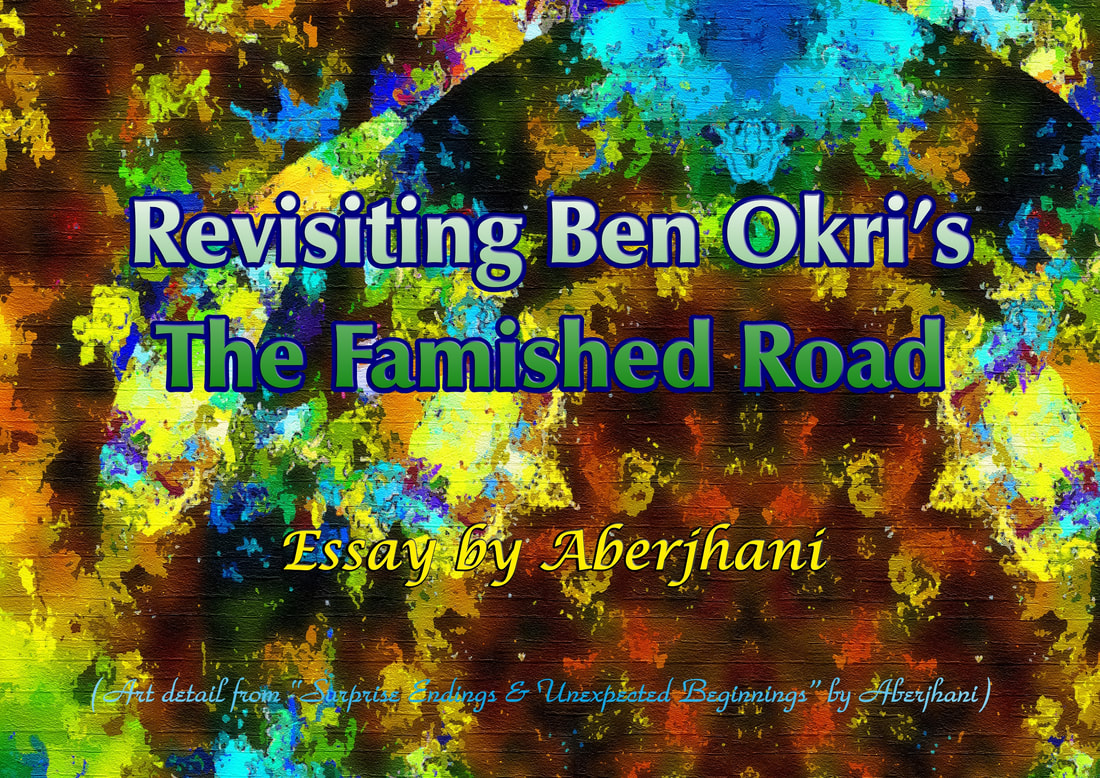
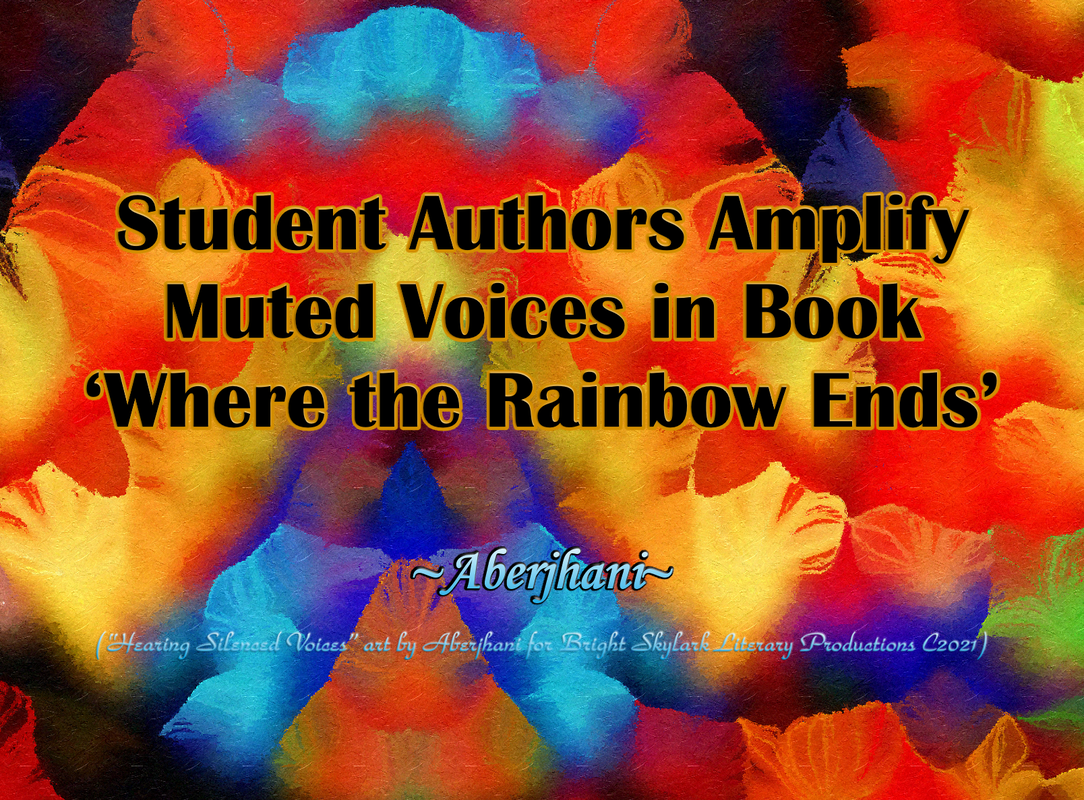
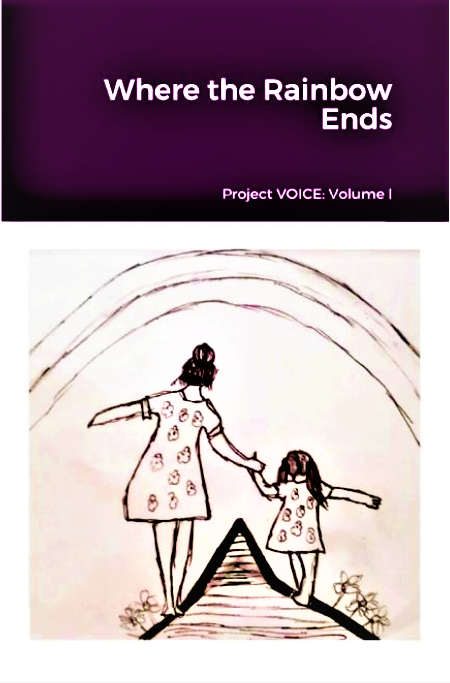
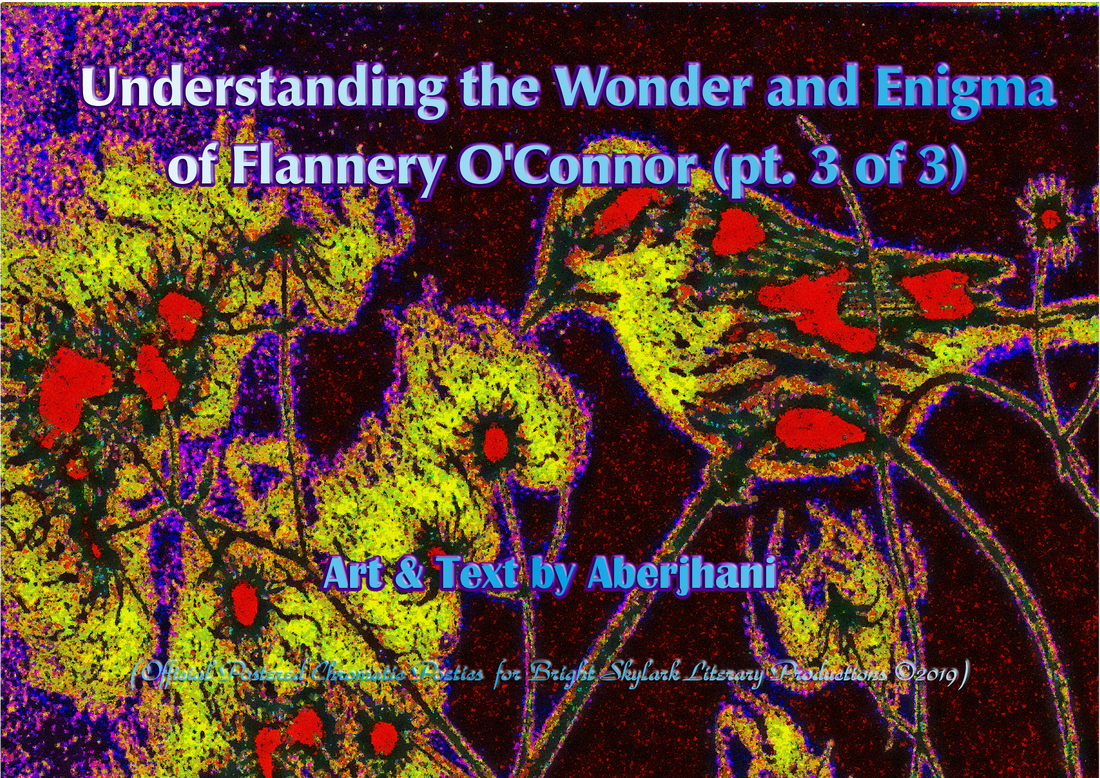
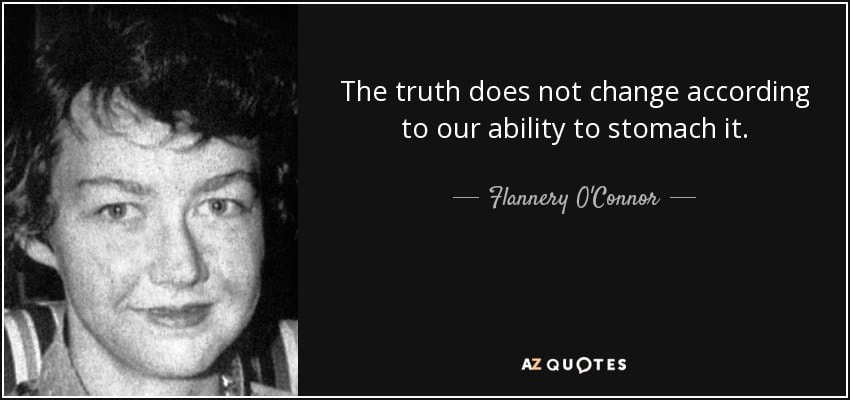
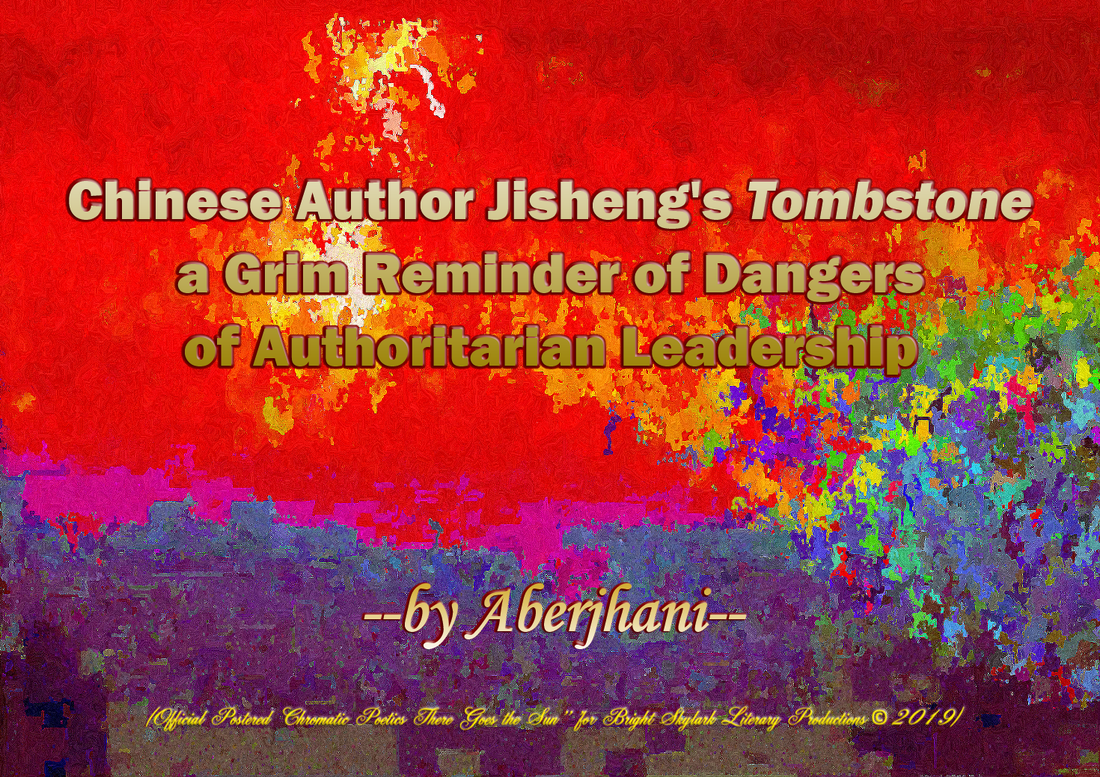
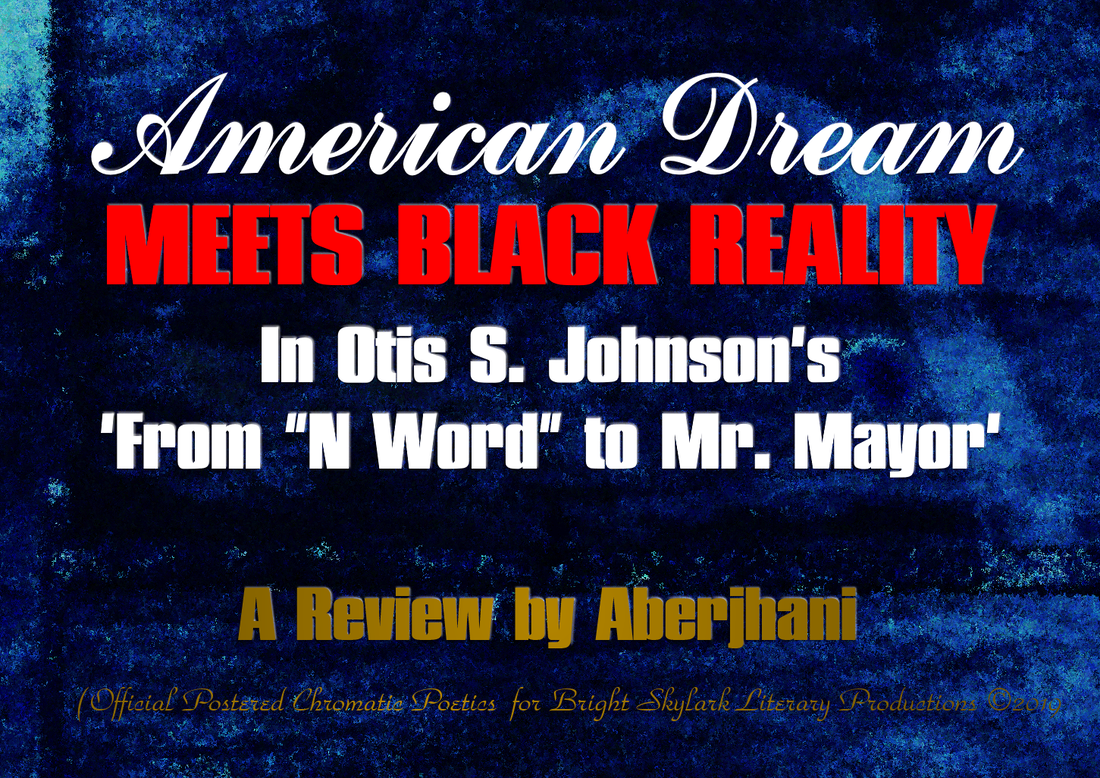
 RSS Feed
RSS Feed